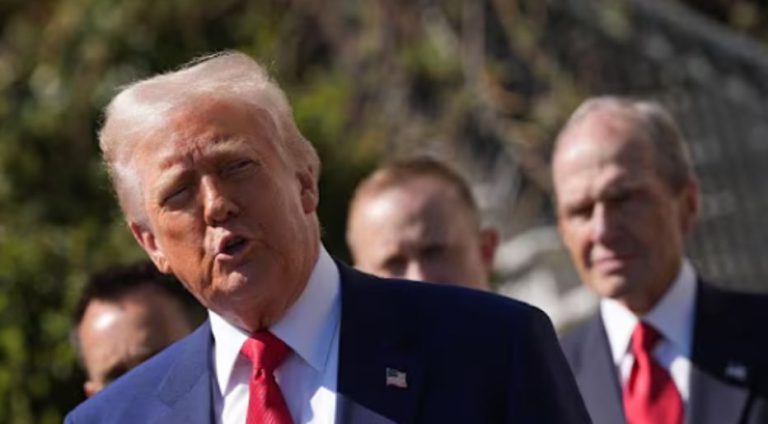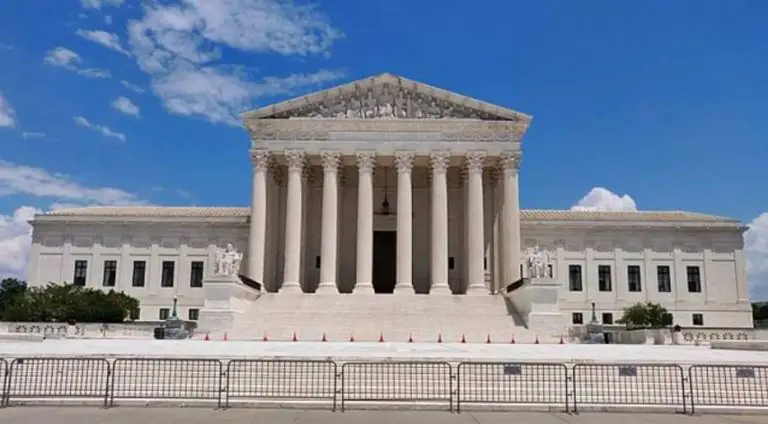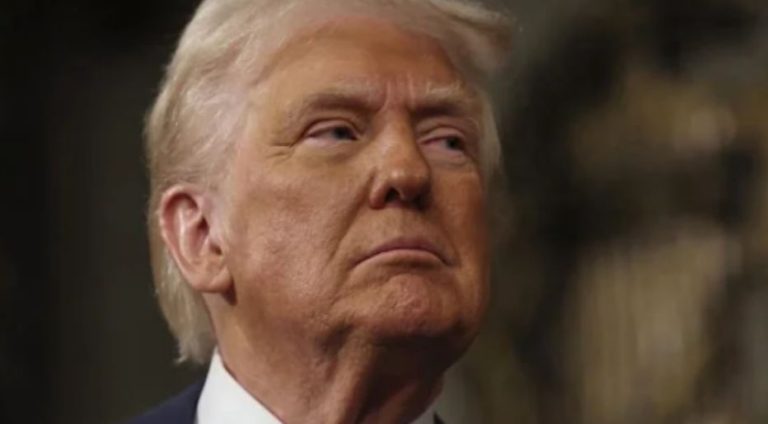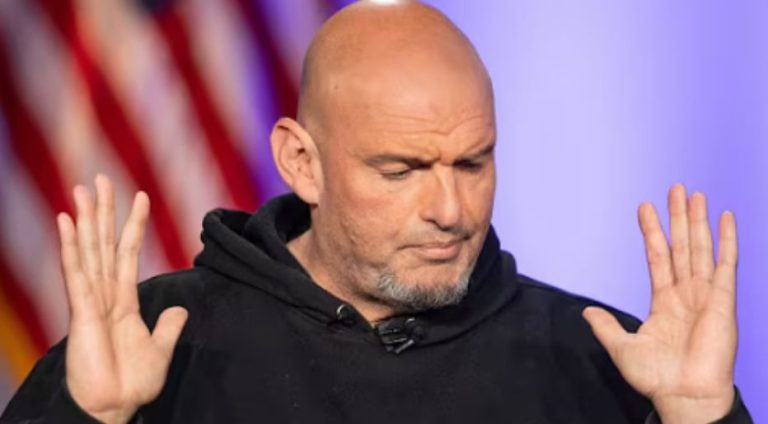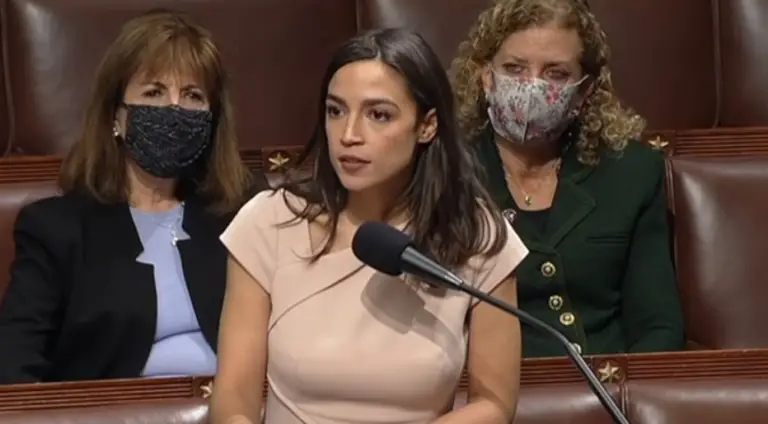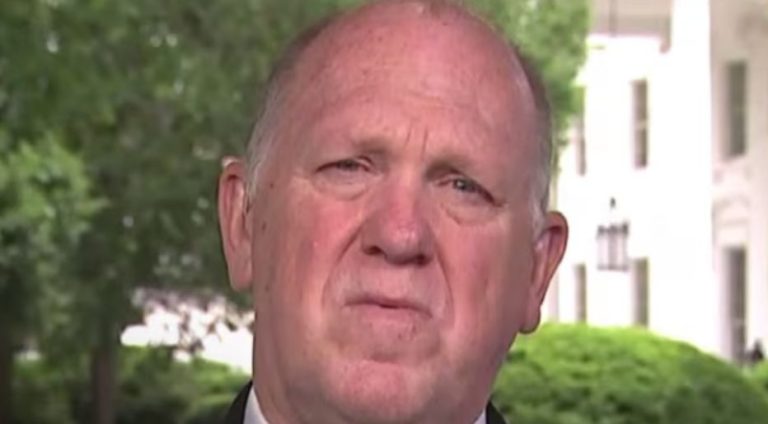CNN is usually trying to promote the Left. But not this time.
As CNN does the unthinkable and slaps Democrats with this explosive critique.
As the 2028 presidential race starts to heat up, even liberal media outlets like CNN are admitting the ugly truth about the Democrats’ lineup. Chief data analyst Harry Enten didn’t mince words when he tore into the party’s potential candidates, labeling the whole bunch a chaotic disaster. It’s a refreshing dose of honesty from inside the beltway echo chamber, exposing just how weak and disorganized the left has become after their recent electoral drubbings.
Enten appeared on CNN with anchor John Berman, timing his takedown perfectly as California Governor Gavin Newsom’s new memoir dropped. Newsom, long hyped as a top contender, came under fire from Enten, who pointed out the governor’s slipping traction. This isn’t just gossip—it’s backed by hard numbers showing the Democrats scrambling without a real star to rally around.
Diving into the polls, Enten laid out a picture of pure disarray. No one Democrat stands head and shoulders above the rest, with early surveys revealing a tight, uninspiring pack. This lack of a dominant figure spells trouble for a party that prides itself on unity and progressive momentum, but now looks more like a sideshow.
“Yeah, they’re all running and this is just a downright clown car at this point on the Democratic side,” Enten stated.
He highlighted how Newsom edges out former Vice President Kamala Harris by a razor-thin margin—19% to 18%. That slim lead falls within the poll’s margin of error, making it anyone’s guess who pulls ahead.
Enten didn’t stop there, calling out Harris’s dismal showing. “Quite a weak number for [Harris], given that, of course, she was the nominee last time around,” he said. After her failed White House bid, you’d think she’d command more loyalty, but the numbers tell a different story—one of fading relevance and voter fatigue.
Then there’s the rest of the field, including names like former Transportation Secretary Pete Buttigieg at 13% and Rep. Alexandria Ocasio-Cortez at 12%. These figures barely register as impressive, suggesting the Democrats’ bench is stocked with also-rans rather than heavy hitters. It’s a far cry from the powerhouse teams conservatives have built in recent cycles.
Wrapping up his brutal assessment, Enten hammered home the mess. “This is just a total clown car. It is a total mess. There is no clear frontrunner at this particular point on the Democratic side. Who the heck knows who the nominee is going to be in two years?” he stated.
Enten pointed to history for context, noting how rare this situation is for Democrats:
“It was been a long time, this is very unusual for the Democratic side to not have a clear frontrunner at this point.”
“You have to go all the way back, all the way back from when I wasn’t even in elementary school yet, not even in pre-K yet, to 1992, that was the last cycle in which there was no clear frontrunner at this point. Very unusual.”
Shifting focus to Newsom, Enten zeroed in on the governor’s downward spiral. Even with his memoir hitting bookstores, aimed at boosting his national profile, the data shows him losing steam. This is the guy California liberals love to tout as their golden boy, but the facade is cracking under scrutiny.
“It seems to me that Gavin Newsom is flailing a little bit, at least compared to where he was prior,” Enten said.
Enten broke it down further: “Three months ago, according to the prediction market, look at that, it was a 37% chance, now it’s just at 28%. Down he goes. He’s definitely flailing a little bit.” That drop isn’t minor—it’s a plunge that exposes vulnerabilities in a candidate once seen as inevitable.


